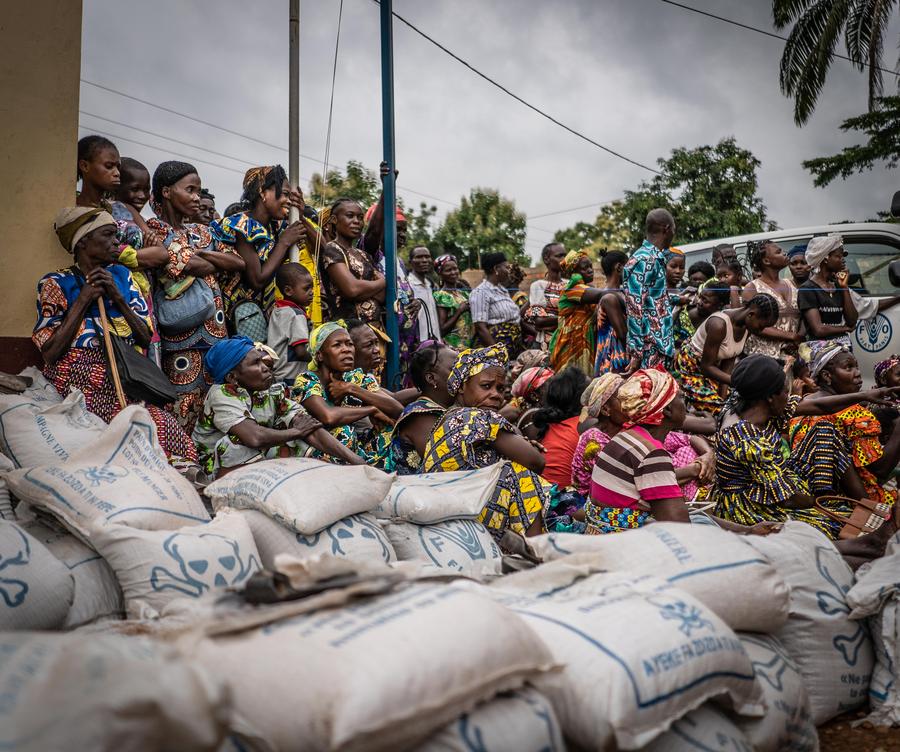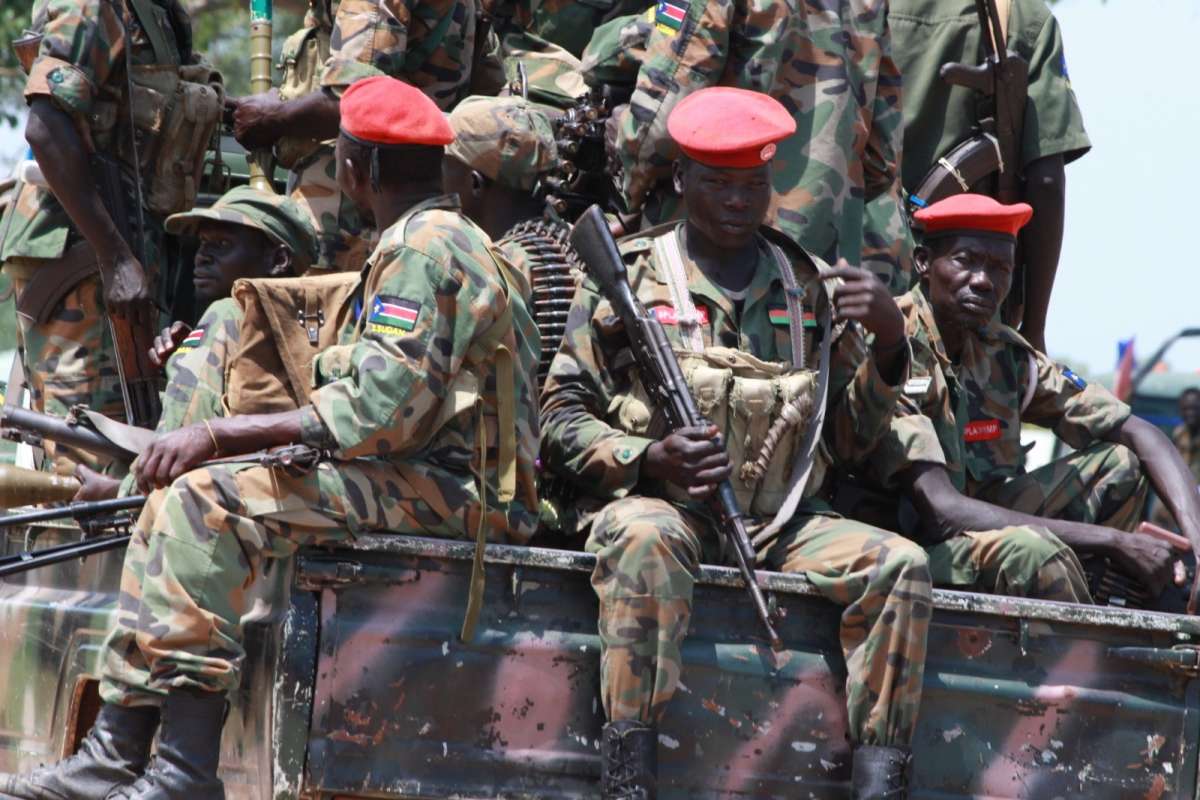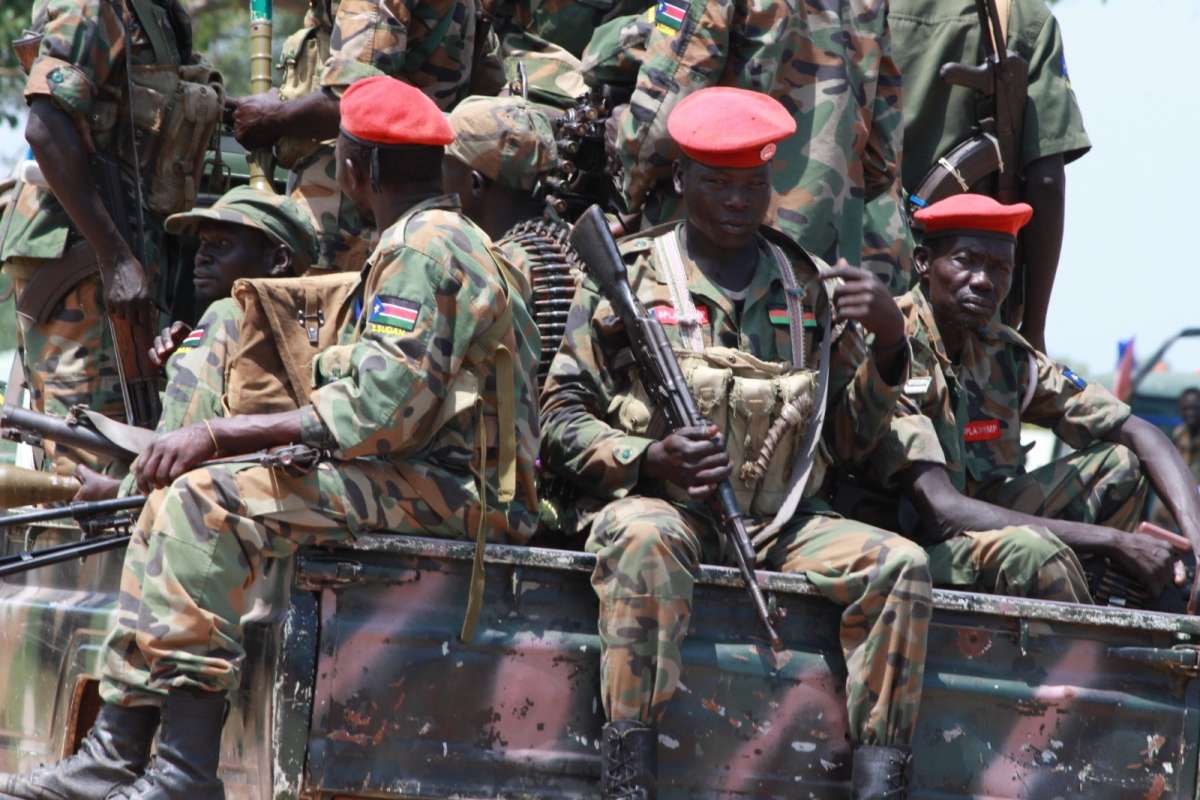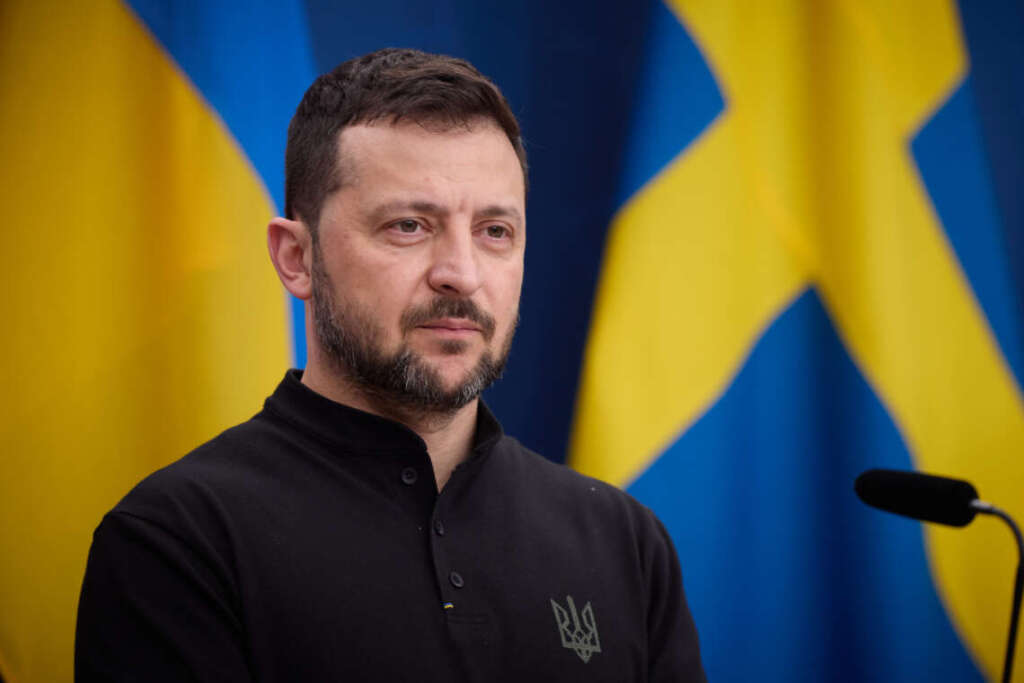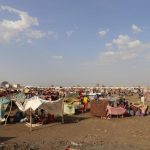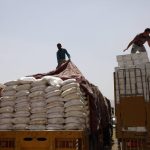Of the admitted cholera patients who died, 18 were children, including five children who are no older than 5, and five others who were no older than 9, Marta Cazarola, MSF emergency coordinator for Sudan, said
Nearly 100 people died of cholera in two weeks since the waterborne disease outbreak began in Sudan’s White Nile State, an international aid group said.
Doctors Without Borders — also known as Médecins Sans Frontières or MSF — said Thursday that 2,700 people have contracted the disease since Feb. 20, including 92 people who died. Of the admitted cholera patients who died, 18 were children, including five children who are no older than 5, and five others who were no older than 9, Marta Cazarola, MSF emergency coordinator for Sudan, said.
Sudan plunged into war nearly two years ago when tensions simmered between the Sudanese army and its rival paramilitary Rapid Support Forces group, or RSF, with battles in Khartoum and across the country.
RSF launched intense attacks last month in the White Nile State that killed hundreds of civilians, including infants. The Sudanese military announced at the time that it made advances there, cutting crucial supply routes to RSF.
During the RSF attacks in the state on Feb. 16, the group fired a projectile that hit the Rabak power plant, causing a mass power outage and triggering the latest wave of cholera, according to MSF. Subsequently, people in the area had to rely mainly on water obtained from donkey carts, because water pumps were no longer operational. “Attacks on critical infrastructure have long-term detrimental effects on the health of vulnerable communities,” said Marta Cazorla, MSF emergency coordinator for Sudan.
The cholera outbreak in the state peaked between Feb. 20-24, when patients and their families rushed to Kosti Teaching Hospital, overwhelming the facility beyond its capacity, according to MSF. Most patients were severely dehydrated. MSF provided 25 tons of logistical items such as beds and tents to Kosti to help absorb more cholera patients. Cazarola said that numbers in the cholera treatment center were declining and at low levels until this latest outbreak.
The White Nile State Health Ministry responded to the outbreak by providing the community access to clean water and banning the use of donkey carts to transport water. Health officials also administered a vaccination campaign when the outbreak began. Sudan’s health ministry said Tuesday that there were 57,135 cholera cases, including 1,506 deaths, across 12 of the 18 states in Sudan. Cholera was officially declared an outbreak on Aug. 12 last year by the health ministry after a new wave of cases was reported starting July 22.
The war in Sudan has killed at least 20,000 people, though the number is likely far higher. The war has driven more than 14 million people from their homes, pushed parts of the country into famine, and caused disease outbreaks. Meanwhile, at least one United Nations (UN) personnel and several government soldiers were killed on Friday when a UN helicopter came under heavy gunfire in Nasir County, Upper Nile State, South Sudan, the UN mission said.
In a statement issued in Juba, South Sudan’s capital, the UN Mission in South Sudan (UNMISS) said the helicopter was conducting an evacuation mission in Nasir to rescue South Sudan People’s Defence Force (SSPDF) soldiers who had been besieged for four days by the White Army armed group, which has been battling the SSPDF since last week.
UNMISS said the attack killed one crew member and left two others seriously injured. “In addition, several members of the SSPDF, including an injured general, were killed during the attempt by UNMISS to extract them from the area, which was made at the request of all parties,” the UN mission said.
The mission said the evacuation was part of its efforts to prevent further violence in Nasir and ease political tensions following recent clashes between the SSPDF and armed youth that resulted in significant casualties and civilian displacement.
Nicholas Haysom, Special Representative of the Secretary-General and head of UNMISS, expressed regret for the killings, particularly when assurances of safe passage had been received. UNMISS called for an investigation to identify and hold those responsible accountable. It also urged all parties to refrain from further violence and called on the country’s leaders to take immediate action to resolve tensions through dialogue and prevent a further deterioration of security in Nasir and beyond.
“It is vital that parties adhere to their commitment to uphold the ceasefire and protect the integrity of the Revitalized Peace Agreement,” it said. Clashes erupted in Nasir on March 3 between the SSPDF and the local Nuer White Army, leading to the SSPDF’s withdrawal from the town. The unrest also prompted the arrest of several senior army officers in the capital who were loyal to the Sudan People’s Liberation Movement/Army-in-Opposition, led by First Vice President Riek Machar.

